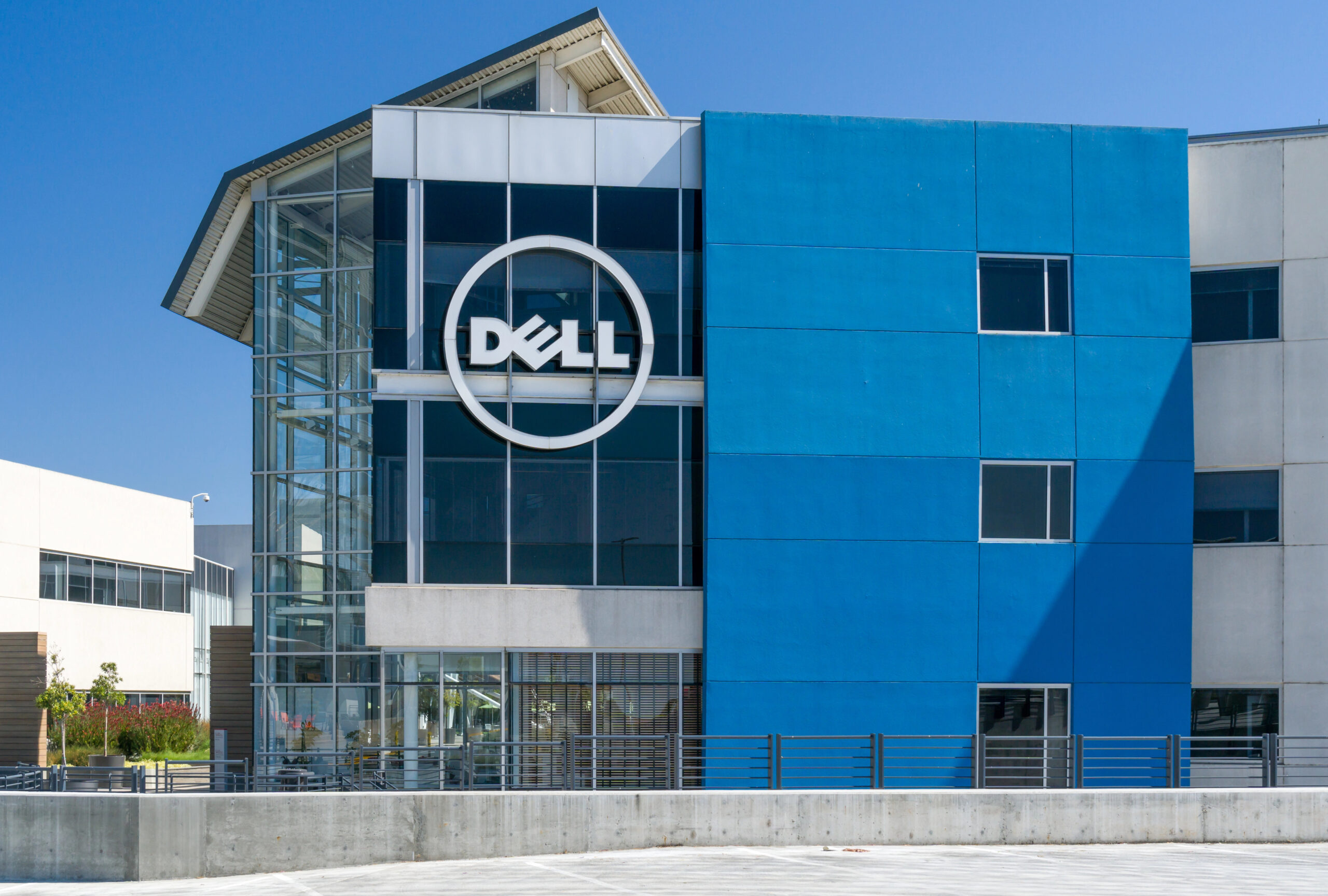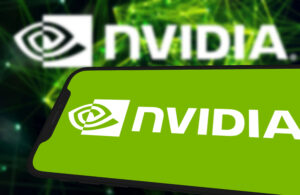In today’s data-driven landscape, you face unprecedented challenges in managing and deriving value from vast, complex datasets. Dell Technologies has responded to these challenges with a significant enhancement to its Data Lakehouse platform. By integrating NVIDIA RAPIDS Accelerator for Apache Spark, Dell has introduced GPU acceleration to streamline your data workflows. This innovative solution leverages the parallel processing power of GPUs to expedite critical tasks such as ETL, analytics, and AI model training. As you navigate the complexities of data management and AI adoption, Dell’s GPU-accelerated Data Lakehouse offers a powerful tool to reduce complexity, improve efficiency, and drive innovation across your organization.
Unlocking the Power of Dell’s GPU-Accelerated Data Lakehouse

Revolutionizing Data Processing with GPU Acceleration
Dell’s GPU-Accelerated Data Lakehouse enhances AI workloads by harnessing the parallel processing capabilities of GPUs. This innovative solution integrates NVIDIA RAPIDS Accelerator for Apache Spark, significantly streamlining data workflows. By leveraging GPU acceleration, organizations can expedite crucial tasks such as Extract, Transform, Load (ETL) operations, analytics, and AI model training.
Overcoming Data Complexity Challenges
The collaboration between Dell and NVIDIA addresses the growing challenge of managing vast, siloed data sets. Dell’s GPU-Accelerated Data Lakehouse empowers businesses to reduce data complexity and improve processing efficiency. This advancement is particularly beneficial for industries like retail, manufacturing, and finance, enabling enhanced inventory forecasting, predictive maintenance, and fraud detection capabilities.
Ensuring Business Continuity and Innovation
Dell’s GPU-Accelerated Data Lakehouse goes beyond performance improvements by introducing a robust disaster recovery feature. Utilising active/passive nodes across separate data centers, this solution ensures business continuity during disruptions. By combining cutting-edge GPU acceleration with reliable disaster recovery, Dell empowers organizations to drive innovation in today’s data-driven landscape while maintaining operational resilience.
Streamlining Data Workflows with NVIDIA RAPIDS Accelerator
Dell’s GPU-Accelerated Data Lakehouse enhances AI workloads by integrating the NVIDIA RAPIDS Accelerator for Apache Spark, revolutionizing data processing capabilities. This powerful combination leverages the parallel processing prowess of GPUs to accelerate critical tasks in the data pipeline.
Supercharging ETL Processes
The integration of NVIDIA RAPIDS Accelerator supercharges Extract, Transform, Load (ETL) operations. By harnessing GPU acceleration, you can process vast amounts of data at unprecedented speeds, reducing time-to-insight and enabling more agile decision-making.
Accelerating Analytics and AI Model Training
With Dell’s GPU-accelerated Data Lakehouse, analytics tasks become lightning-fast. Complex queries that once took hours can now be completed in minutes, allowing for more iterative and exploratory data analysis. Similarly, AI model training benefits from the enhanced processing power, enabling you to train and refine models more rapidly and efficiently.
Addressing Data Complexity Challenges
As organizations grapple with ever-growing volumes of siloed data, Dell’s solution offers a streamlined approach to data management. By centralizing data processing and leveraging GPU acceleration, you can break down data silos and extract valuable insights from previously untapped sources. This enhanced capability empowers you to drive innovation and stay competitive in today’s data-driven landscape.
Accelerating AI Adoption: Reducing Data Complexity and Boosting Processing Efficiency
Dell’s GPU-Accelerated Data Lakehouse enhances AI workloads by addressing two critical challenges: data complexity and processing efficiency. By integrating NVIDIA RAPIDS Accelerator for Apache Spark, this innovative solution leverages the parallel processing power of GPUs to streamline data workflows and expedite AI-related tasks.
Simplifying Data Management
The Data Lakehouse platform tackles the issue of siloed data by providing a unified environment for storage and analysis. This consolidation reduces the complexity of managing vast datasets, enabling organizations to:
Access and analyze data more efficiently
Break down data silos between departments
Improve data quality and consistency
Supercharging Processing Speed
GPU acceleration significantly boosts processing efficiency for various data-intensive tasks. By harnessing the power of NVIDIA GPUs, Dell’s solution accelerates:
Extract, Transform, Load (ETL) operations
Complex analytics and data processing
AI model training and inference
This enhanced processing capability allows businesses to derive insights faster and iterate on AI models more rapidly, driving innovation in a data-driven landscape.
Empowering Industries with AI
The GPU-accelerated Data Lakehouse empowers various sectors to leverage AI for a competitive advantage. For instance:
Retail: Improve inventory forecasting and personalized recommendations
Manufacturing: Enhance predictive maintenance and optimize production processes
Finance: Bolster fraud detection and risk assessment capabilities
By reducing data complexity and boosting processing efficiency, Dell’s GPU-Accelerated Data Lakehouse enhances AI workloads across industries, accelerating the adoption of AI technologies and unlocking new opportunities for innovation and growth.
Ensuring Business Continuity with Dell’s Robust Disaster Recovery Feature
In today’s data-driven landscape, business continuity is paramount. Dell’s GPU-Accelerated Data Lakehouse enhances AI workloads while also prioritizing uninterrupted operations through its robust disaster recovery feature. This cutting-edge solution leverages Active/Passive nodes across separate data centers, ensuring that your critical data and AI processes remain accessible even in the face of unforeseen disruptions.
Seamless Data Protection
The disaster recovery feature in Dell’s Data Lakehouse employs a sophisticated replication mechanism. Maintaining synchronized copies of your data across geographically dispersed locations minimizes the risk of data loss and downtime. This approach not only safeguards your valuable information but also ensures that your AI workloads can continue without significant interruption.
Rapid Recovery and Minimal Downtime
In the event of a primary site failure, Dell’s disaster recovery system springs into action. The passive node seamlessly takes over, allowing your operations to resume with minimal delay. This rapid failover capability is crucial for maintaining productivity and meeting service-level agreements in today’s fast-paced business environment.
Scalability and Flexibility
As your data needs grow and AI workloads become more complex, Dell’s disaster recovery feature scales accordingly. It adapts to your evolving requirements, providing a flexible solution that can accommodate increasing data volumes and more demanding AI processes. This scalability ensures that your business continuity strategy remains robust and effective as your organization expands.
Transforming Industries: Leveraging Dell’s GPU-Accelerated Data Lakehouse for Competitive Advantage
Dell’s GPU-Accelerated Data Lakehouse enhances AI workloads across various industries, offering a competitive edge through improved data processing and analysis capabilities. By harnessing the power of NVIDIA RAPIDS Accelerator for Apache Spark, organizations can unlock new levels of efficiency and innovation.
Retail Revolution
In the retail sector, Dell’s GPU-accelerated platform enables more accurate inventory forecasting. By processing vast amounts of historical sales data, seasonal trends, and external factors, retailers can optimize stock levels and reduce carrying costs. This enhanced predictive capability allows businesses to respond swiftly to changing consumer demands, ultimately improving customer satisfaction and boosting profitability.
Manufacturing Mastery
For manufacturers, the Data Lakehouse’s predictive maintenance capabilities are game-changing. By analyzing sensor data from equipment in real time, companies can identify potential failures before they occur, minimizing downtime and extending machinery lifespan. This proactive approach not only reduces maintenance costs but also ensures consistent production quality, giving manufacturers a significant advantage in a competitive market.
Financial Fortification
In the finance industry, Dell’s GPU-Accelerated Data Lakehouse enhances AI workloads critical for fraud detection. By rapidly processing vast amounts of transaction data, financial institutions can identify suspicious patterns and anomalies with unprecedented speed and accuracy. This not only protects customers but also safeguards the institution’s reputation and bottom line, positioning it as a trusted leader in financial security.
Final Thoughts
In conclusion, Dell’s GPU-accelerated Data Lakehouse represents a significant leap forward in AI-driven data management. By harnessing the power of NVIDIA’s RAPIDS Accelerator and implementing robust disaster recovery features, Dell has created a platform that addresses the complex challenges of modern data ecosystems. As you consider your organization’s data strategy, remember that this solution offers not only enhanced performance and efficiency but also the potential to drive innovation across various industries. With Dell’s Data Lakehouse, you can streamline your data workflows, accelerate AI initiatives, and position your business at the forefront of the data-driven revolution. Embrace this technology to unlock new possibilities and stay competitive in an increasingly AI-centric world.
More Stories
Anubis Ransomware Threatens Data with Encryption and Destruction
Anubis ransomware emerges as a formidable adversary, challenging traditional defense mechanisms with its dual capability of encryption and data obliteration. As a ransomware-as-a-service (RaaS), Anubis not only encrypts valuable files but also employs a unique “wipe mode” that irreversibly destroys data, rendering typical recovery efforts futile.
Taiwan Tightens IoT Gateways with Export Curbs on Chinese Tech Giants
In a bold move echoing through global tech, Taiwan imposed new IoT export restrictions on Chinese giants Huawei and SMIC. Now, Taiwanese firms must seek government approval before working with these companies.
Ultra Ethernet Sets New Standard for Intelligent, Scalable Data Movement in IoT and Edge AI
In the fast-changing world of IoT and edge AI, the Ultra Ethernet Consortium (UEC) launched its groundbreaking 1.0 specification. This new standard redefines Ethernet’s role in smart, scalable data movement.
Hitachi Empowers Real-Time Data Integration with EverFlex AI Data Hub
In today’s data-driven world, Hitachi Vantara’s EverFlex AI Data Hub becomes a crucial tool for real-time data integration.
Smart Energy Integration Accelerates AI Data Center Evolution in Malaysia
Malaysia’s smart energy & AI data initiative pioneers a venture that blends smart energy integration with AI-driven data center development
Meta’s AI Ambitions Intensify with Strategic Stake in Scale AI
In today’s AI-driven era, Meta is making bold moves to stay ahead in the competitive tech race. It has invested between $14.3 billion and $14.8 billion in Scale AI.


